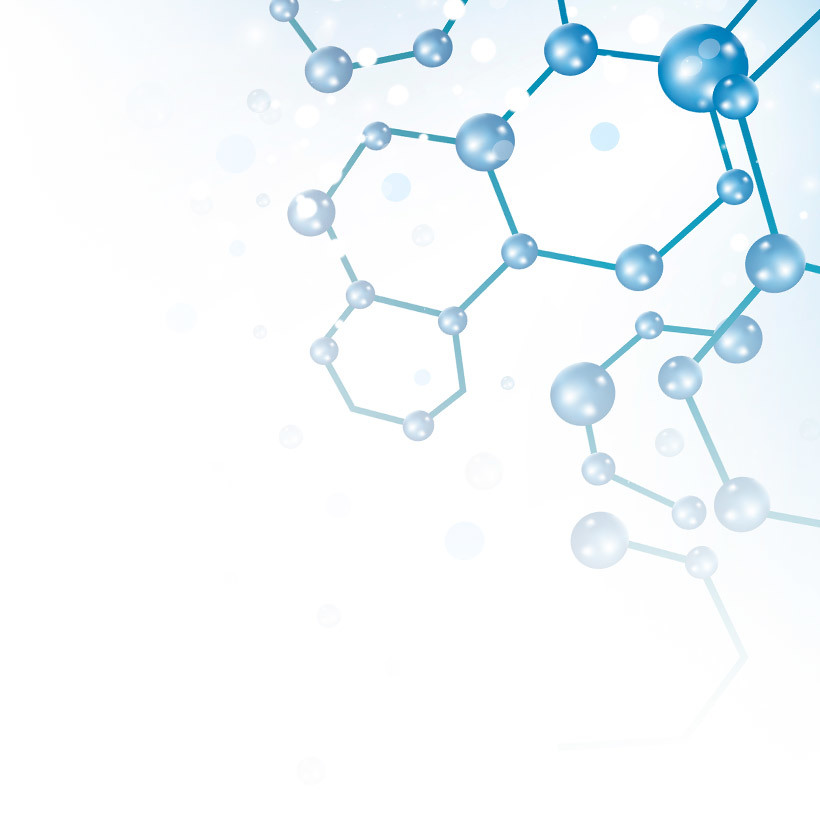

Cold Storage Solution Linked to Lower AO, XO Activity
- Drug Metabolism
- August 22, 2017
- Michael Millhollen
At the time of organ recovery, human livers that have been donated for research are flushed with an ice-cold perfusion and storage solution to preserve the tissue. The two most commonly used cold storage solutions are UW (University of Wisconsin) solution and Custodiol HTK (histidine tryptophan ketoglutarate) solution. Unlike HTK, UW solution contains 1 mM allopurinol.
Researchers at Washington State University have shown that 1 mM allopurinol inhibits XO activity in human liver cytosol. Concerned that the exposure of human livers to allopurinol could lead to an underestimation of the contribution of XO in the metabolism of new chemical entities, XenoTech scientists also set out to evaluate XO and AO activities in S9 subcellular fractions prepared from human livers that were flushed and stored in UW or HTK solution.
In a poster presented in June 28, 2017, at the 14th European ISSX Meeting in Cologne, Germany, XenoTech scientists showed that pooled human liver S9 prepared from tissue that is cold-preserved in HTK solution has an average of 2- to 3-fold higher AO activity and over 5-fold higher XO activity with little effect on major CYP activity compared with S9 prepared from livers preserved in UW solution.
Zell Woodworth, Products Division Director for XenoTech, commented, “Based on these results, it was clear that we needed to provide pooled human liver S9 and cytosol prepared from tissue exclusively cold-preserved in HTK solution available as a standard in vitro test system for more accurate evaluation of aldehyde oxidase and xanthine oxidase activity.”
View the new test systems:
H0606.S9(AX) Pooled Human Liver S9
H0606.C(AX) Pooled Human Liver Cytosol
Learn more about:
About the Authors
Related Posts
Subscribe to our Newsletter
Stay up to date with our news, events and research

Do you have a question or a request for upcoming blog content?
We love to get your feedback
